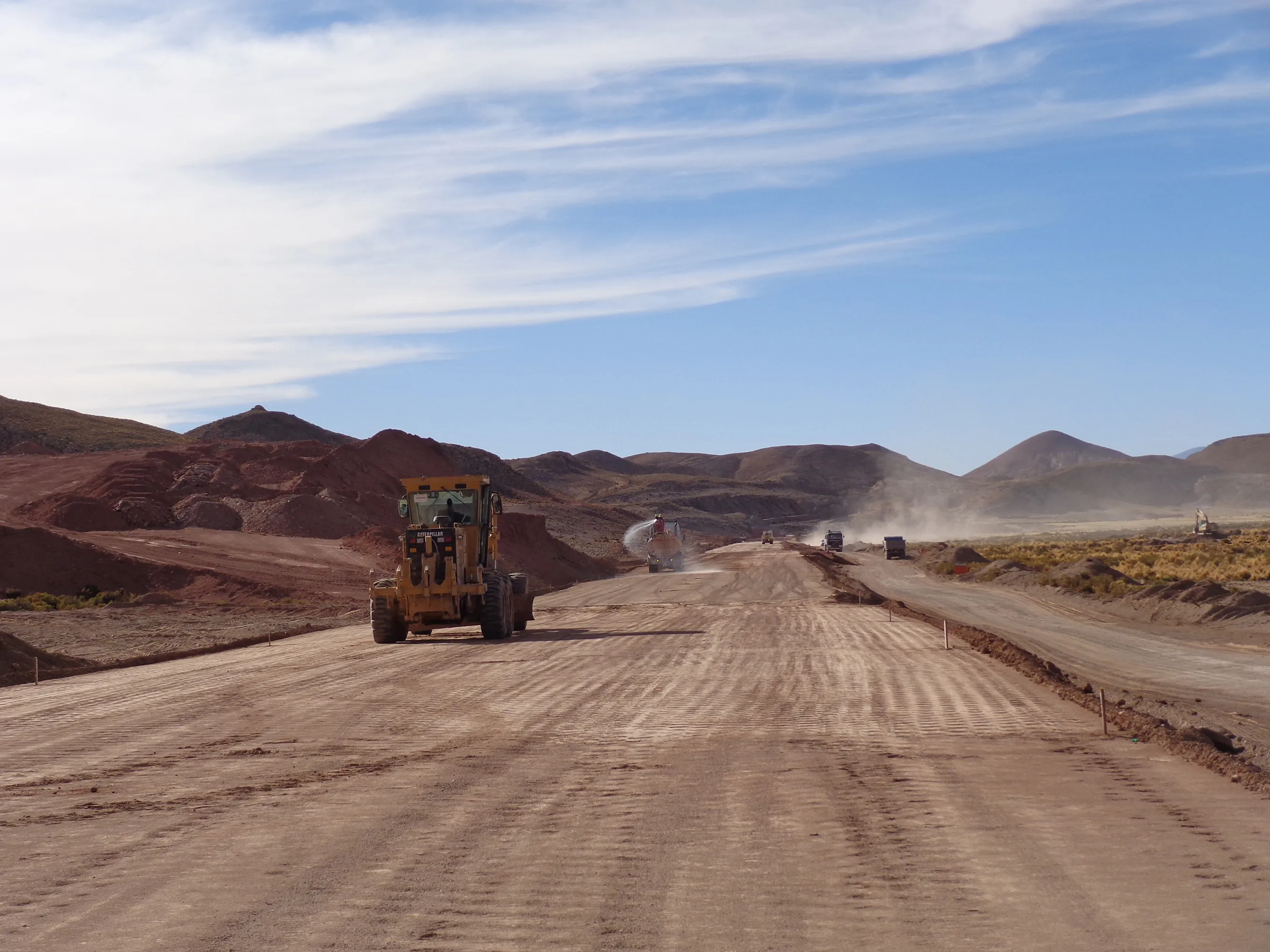Bolivian president Evo Morales said the 77.8km San Ignacio de Moxos-Trinidad road scheme would still go ahead – despite the temporary suspension of work on a contentious section of the route. President Morales’ assurance over the completion of the road, the final section of the highway link between Cochabamba-Beni, was given amid strong objections to the San Ignacio de Moxos-Villa Tunari stretch passing through the TIPNIS natural park.
November 23, 2012
Read time: 2 mins
Bolivian president Evo Morales said the 77.8km San Ignacio de Moxos-Trinidad road scheme would still go ahead – despite the temporary suspension of work on a contentious section of the route.
President Morales’ assurance over the completion of the road, the final section of the highway link between Cochabamba-Beni, was given amid strong objections to the San Ignacio de Moxos-Villa Tunari stretch passing through the TIPNIS natural park.
The San Ignacio de Moxos-Trinidad road scheme is currently in the State Contract System (Sicoe) and, under the terms of an international tender, a total of US$77.90 million has been guaranteed by the government to build the road, which must be completed within 54 months.
A total of 19 indigenous leaders along the road scheme’s route have approved the project, so a public consultation is not needed. To date, a total of 53 communities have approved a road via TIPNIS, with only three opposing. Nazaret Flores, a local leader, said he did not believe that indigenous communities had rejected the road scheme, but were against the part of the project that passes through the TIPNIS natural park.
President Morales’ assurance over the completion of the road, the final section of the highway link between Cochabamba-Beni, was given amid strong objections to the San Ignacio de Moxos-Villa Tunari stretch passing through the TIPNIS natural park.
The San Ignacio de Moxos-Trinidad road scheme is currently in the State Contract System (Sicoe) and, under the terms of an international tender, a total of US$77.90 million has been guaranteed by the government to build the road, which must be completed within 54 months.
A total of 19 indigenous leaders along the road scheme’s route have approved the project, so a public consultation is not needed. To date, a total of 53 communities have approved a road via TIPNIS, with only three opposing. Nazaret Flores, a local leader, said he did not believe that indigenous communities had rejected the road scheme, but were against the part of the project that passes through the TIPNIS natural park.








